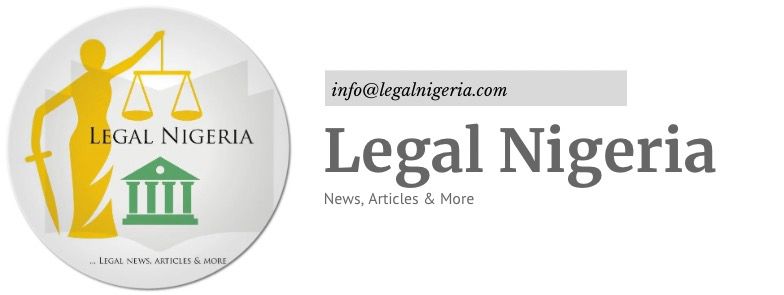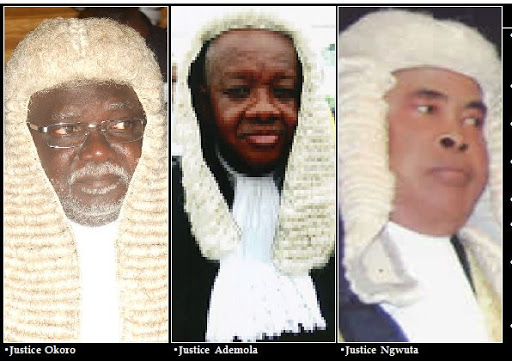
The National Judicial Council (NJC) has barred judges being investigated for criminal offences from presiding over cases and performing other functions relating to their offices pending when their innocence is established.The NJC made the decision at its 79th meeting held in Abuja between Wednesday and yesterday.Nigerian Bar Association (NBA) President Abubakar Mahmud (SAN), speaking at a function in Abuja last week, suggested that judges arrested by the Department of State Services (DSS) should step down.But the NJC claimed that it lacked the powers to order judges, against who allegations were made without any evidence to back such allegations, to step down.
The council was, however, silent, in a statement it issued yesterday, on the reason for its sudden change of mind.Part of the statement signed by NJC’s Acting Director, Information, reads: “Council decided that Judicial officers shall not be standing trial for alleged corruption related offences and be performing judicial functions at the same time.“Council however decided that it will ensure that judicial officers, who are being investigated for alleged high profile criminal offences do not perform judicial functions until their cases are concluded,” it said.Those under investigation by the DSS are two Supreme Court Justices -Justice Sylvester Ngwuta and Justice Inyang Okoro – the suspended Presiding Justice of the Court of Appeal, Ilorin Division, Justice Mohammed Ladan Tsamiya, Justice Adeniyi Ademola (Federal High Court); the Chief Judge of Enugu State, Justice I. A. Umezulike; Justice Kabiru Auta of Kano State High Court; Justice Muazu Pindiga (Gombe State High Court); Justice Bashir Sukola and Justice Ladan Manir, from the Kaduna State High Court.Out of the nine judges, the NJC has recommended sanctions for Justice Tsamiya; Justice. Umezulike and Justice Kabiru Auta.The Economic and Financial Crimes Commission(EFCC) is investigating six other judges of the Federal High Court. These are: Justices Mohammed Nasir Yunusa; Hyeladzira Ajiya Nganjiwa; Musa Haruna Kurya; Agbadu James Fishim; Uwani Abba Aji; and Rita Ofili-Ajumogobia. The statement added that the NJC “at its 79th meeting held on the 2nd and 3rd day of November 2016, began implementation of specific aspects of the National Judicial Policy which came into force in April 2016 and was launched on Monday 24th October, 2016.“During the Meeting, Council set up a Transparency and Anti-Corruption Policy Implementation Committee as follows:*Hon Justice E. O. Ayoola, CON (Rtd Justice of the Supreme Court) – chairman.*Hon Justice Kashim Zannah, Chief Judge of Borno State – member.*A. B. Mahmoud, SAN, President Nigeria Bar Association – member.“Section 6 of the National Judicial Policy aims at putting in place multifaceted strategies and guidelines that will ensure transparency and eliminate corruption in the Judiciary.“It seeks, among other measures, to provide a platform and opportunity to citizens who profess factual and credible knowledge of information on the nature and modalities of corruption in the judicial system to ventilate such.”
Credit : The Nation









